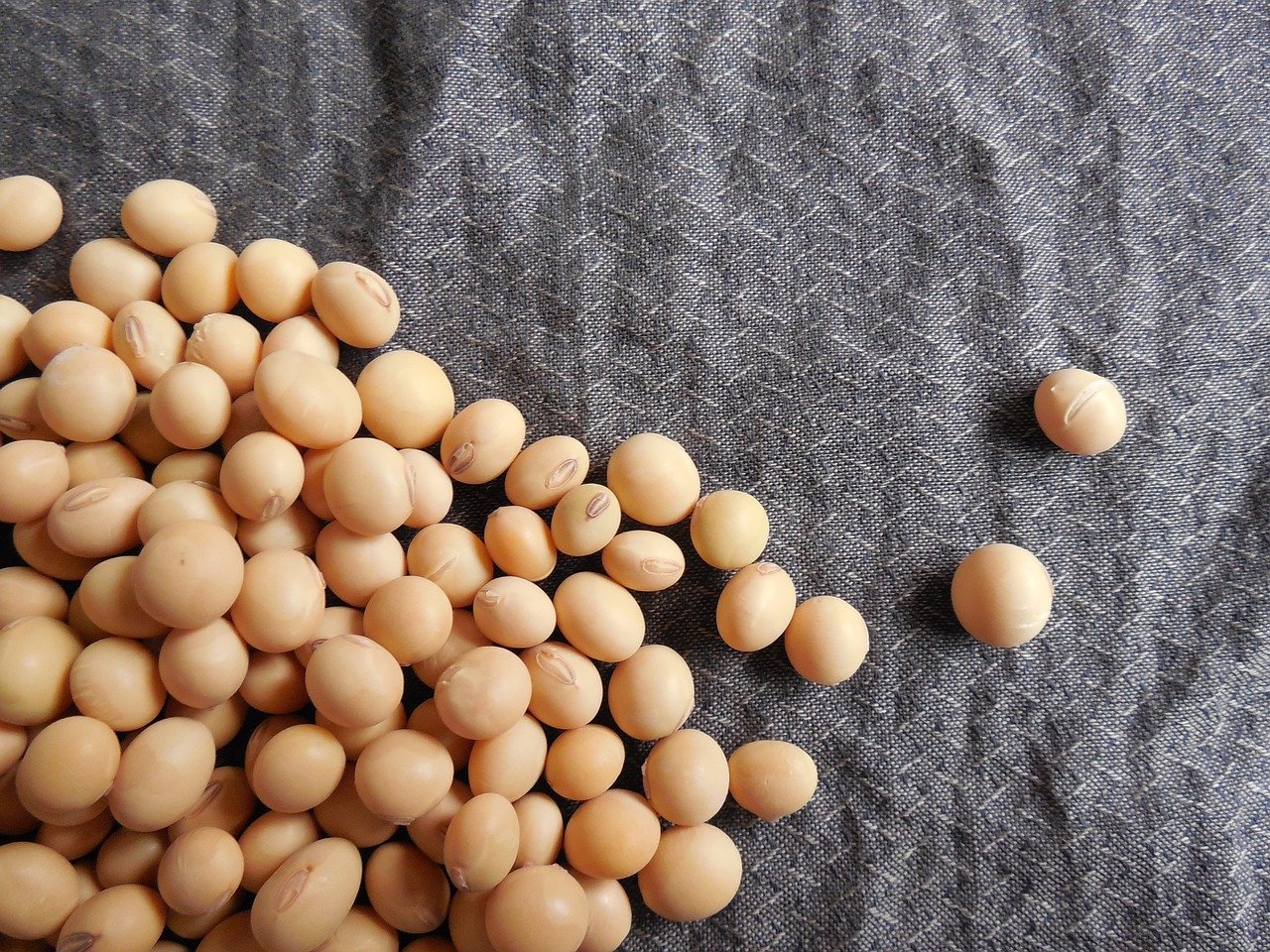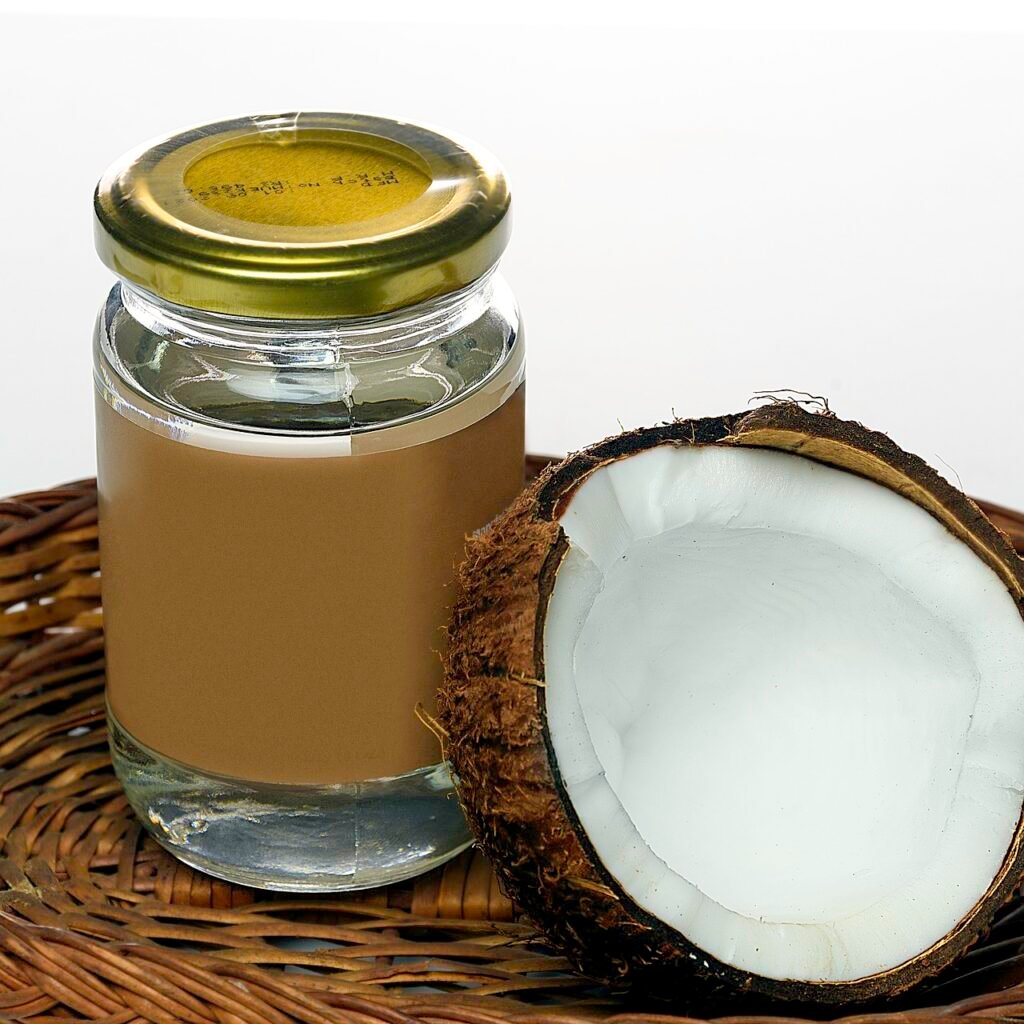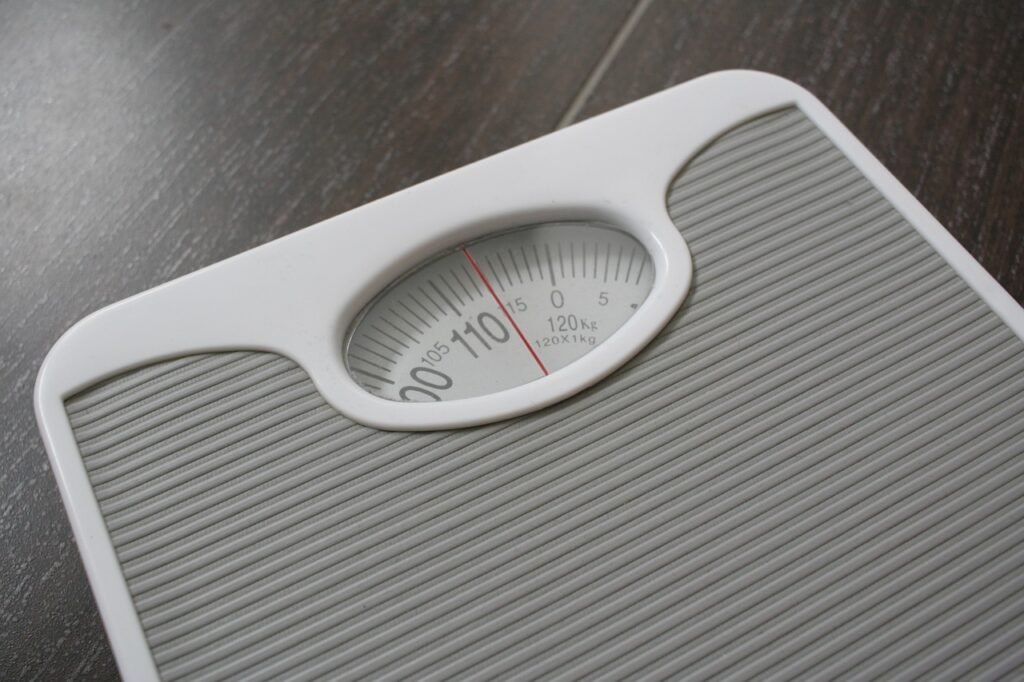Maintaining optimal testosterone levels is crucial for overall health, vitality, and well-being. However, certain foods might be sabotaging your efforts. In this article, we’ll explore what foods kill testosterone and provide insights into why avoiding them can be a game-changer for your fitness and health journey.
What Foods Kill Testosterone? The Hidden Dangers in Your Diet
When we think about testosterone, we often focus on ways to boost it. However, understanding what foods kill testosterone is equally important. Some common foods could be contributing to lower testosterone levels, impacting your energy, muscle growth, and even your mood.
1. Processed Foods: A Testosterone Killer
Processed foods are often loaded with unhealthy fats, sugars, and preservatives that can wreak havoc on your testosterone levels. These foods often contain trans fats, which are known to reduce testosterone production. Additionally, high levels of sugar found in processed foods can lead to insulin resistance, further lowering testosterone levels.
Key Takeaway: Reducing your intake of processed foods can be a significant step in maintaining healthy testosterone levels. Opt for whole, nutrient-rich foods instead.
2. Soy Products: The Testosterone Suppressor?
Soy products are often touted as healthy alternatives to animal-based proteins, but they may not be as beneficial for men’s testosterone levels. Soy contains phytoestrogens, which are plant-based compounds that mimic estrogen in the body. High consumption of soy could lead to an imbalance in estrogen and testosterone levels, potentially lowering testosterone.
Key Takeaway: While occasional soy consumption is unlikely to cause harm, it’s wise to monitor your intake, especially if you’re concerned about your testosterone levels.
3. Alcohol: The Testosterone Saboteur
Alcohol, especially when consumed in excess, can be a major testosterone killer. It disrupts the endocrine system, leading to a decrease in testosterone production. Beer, in particular, contains phytoestrogens from hops, which can further lower testosterone. Chronic alcohol consumption also increases the conversion of testosterone to estrogen, which can significantly diminish testosterone levels over time.
Key Takeaway: Limiting alcohol intake, particularly beer, can help protect your testosterone levels and improve your overall health.
4. Mint and Spearmint: The Unexpected Testosterone Lowering Herbs
Mint and spearmint are popular for their refreshing taste and health benefits. However, these herbs contain compounds that have been shown to reduce testosterone levels, particularly when consumed in large amounts. Studies have indicated that excessive consumption of mint can lead to a decrease in free testosterone.
Key Takeaway: While mint is fine in moderation, those with low testosterone levels may want to be cautious with their intake.
5. Flaxseeds: Healthy But Hormone Disrupting
Flaxseeds are often praised for their high omega-3 fatty acid content and numerous health benefits. However, they are also rich in lignans, a type of phytoestrogen that can potentially lower testosterone levels. Although flaxseeds can be a great addition to your diet, it’s important to consume them in moderation, especially if you’re focused on maintaining high testosterone levels.
Key Takeaway: Enjoy the benefits of flaxseeds, but be mindful of their potential effects on testosterone.
Conclusion: What Foods Kill Testosterone and How to Avoid Them
Understanding what foods kill testosterone is vital for anyone looking to maintain optimal hormone levels. By limiting processed foods, soy products, excessive alcohol, mint, and flaxseeds, you can help protect your testosterone levels and support your overall health and fitness goals. Remember, balance is key—moderation is crucial to managing the effects of these foods on your body.
Disclaimer: The information provided on this blog is for general informational purposes only and is not intended as medical advice. Always consult with a qualified healthcare professional before making any decisions regarding your health or starting any new treatments. The content here should not be used to diagnose, treat, or prevent any medical condition. Additionally, please note that this blog is reader-supported. If you click on an affiliate link or advertisement and make a purchase, we may receive a commission at no extra cost to you. This helps us maintain the site and continue providing valuable content.




